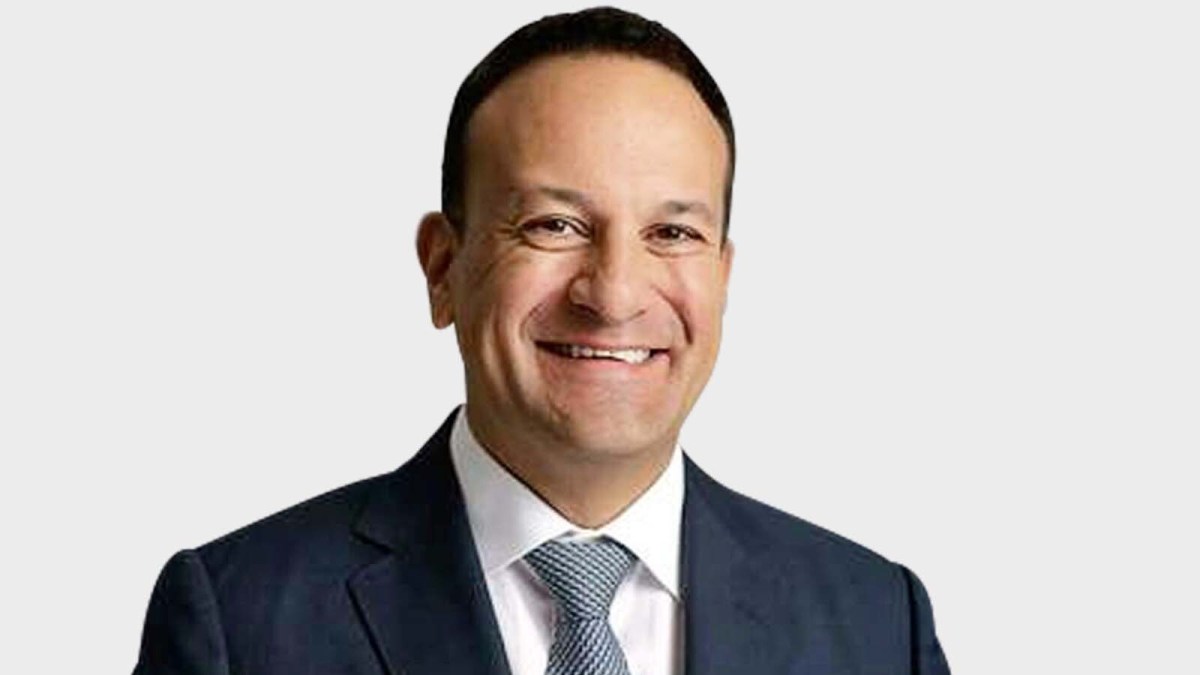Fear of crime can be as harmful to a society as the reality itself. Last year there were 77 killings in Ireland, a multi-decade low. The year before, there were only three shooting deaths in the entire state. Household break ins have fallen by a remarkable 75 per cent in ten years and serious crimes such as extortion and hijacking are well down.
Despite the massive increase in population, mostly driven by immigration, serious and violent crime in Ireland is much less common than it was 15 years ago.
That, though, is not the perception. If anything people think the opposite: they believe crime is up and even that it is caused by immigration.
Why do people feel less safe? Some of it is down to an increase in other crimes, such as street fights, bike theft and shoplifting. A lot of it is due to the fact that almost everything now is on video and clips are shared online: a crime we see on our phone will affect us more than one we read about.
• Images of shoplifters shared to curb crime in Ireland
This “in your face crime” breeds fear, to borrow a phrase from Dave McWilliams, the economist. Added to this, online actors, many describing themselves as “nationalist”, make a hobby and even an income from promoting fear of crime and fear of migrants. They pass off content from years ago or from abroad as something happening in Ireland right now. They have no real love for our nation.
In recent weeks there has been a spate of attacks on people of Indian and south Asian origin in Ireland. Some of these have been overtly racist.
Critics will say that with 80,000 Indians in Ireland, roughly the same population as Galway City and its suburbs, they will inevitably experience some crime. They will point to garda statistics that show a rise in hate crime but do not indicate a significant increase in crime against south Asians. Nevertheless the perception and the fear are very real.
The same happened among the LGBT community when there was a spate of publicised homophobic attacks.
Like every right-thinking person, I am revolted by any discrimination, abuse or violence against anyone in Ireland because of their race, religion, colour, gender or sexual orientation. I’d feel just the same if the victims were Muslim, Ukrainian, Jewish, black Irish or indeed, a white Irish person subject to a racist attack.
• Why Ireland’s famous welcome has turned sour for migrants
I believe we should treat these things as the same and not divide people into groups. There should be no hierarchy. Such crimes go against our fundamental values as Irish people: the land of céad míle fáilte, the hundred thousand welcomes, and cothrom na féinne, a fair chance for everyone.
The perpetrators might be Irish citizens and their families might have been here for generations, but they are fundamentally un-Irish in their character and actions. We should tell them so.
Each day migrants arrive legally in Ireland from places such as Brazil, Spain and Lithuania. English is not always their first language and most have no family here to help them. Almost all find a job and somewhere to live within a few days.
Last year more than 26,000 people drew down a mortgage to buy or build their first home. That’s 500 a week, the highest number of first-time buyers since 2007. We do not know how many are migrants but when we see who is living in the new developments around Dublin, I suspect a large proportion are.
The minority of Irish people who resent these hardworking and successful newcomers should ask themselves what is really making them angry? It is easier for them to blame the government, blame migrants or to blame anyone else than face the possibility that they themselves did not make the most of the extraordinary employment and educational opportunities that Ireland provides to its sons and daughters, that hand up from the state that is unimaginable for so many people in the world.
So what can be done? Certainly, a response from the gardai and courts is required. Hate crime laws passed by the last oireachtas allow for tougher sentences where a racist motivation can be proven. The use of facial recognition technology could be extended to make it easier to identify perpetrators on CCTV.
The Prohibition of Incitement to Hatred Act 1989 is out of date and is not fit for the internet age. Social media platforms that amplify content that stirs up racism, xenophobia, misogyny, homophobia and transphobia are not doing it out of a genuine commitment to free speech.
Algorithms are designed to increase dwell time, keeping people online for longer so companies can increase their profits.
Prosecuting the sad loser spewing hate by computer from his (or her) basement is not the best approach. It lets the real culprits off the hook — the companies and the individual staff who create and approve the algorithms that provide an audience such people would never have had before the internet age.
